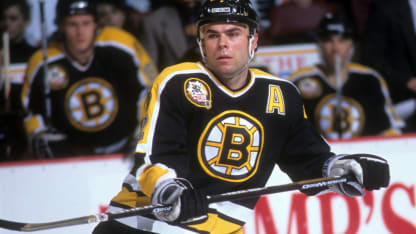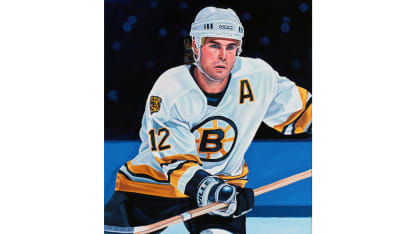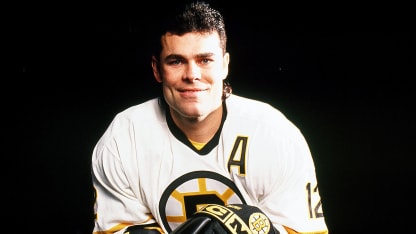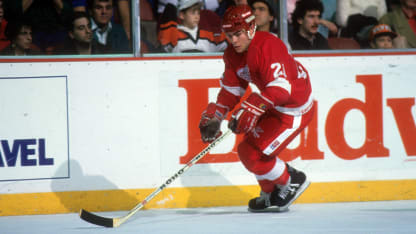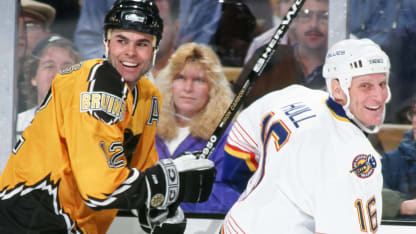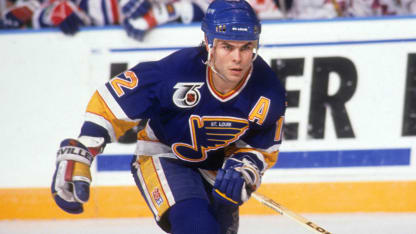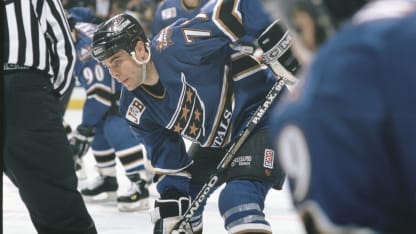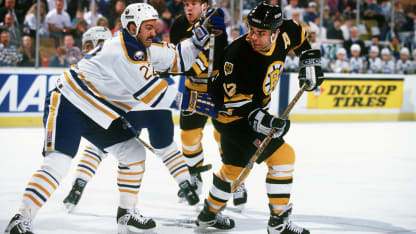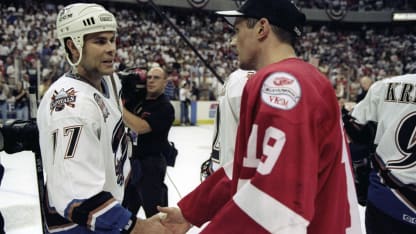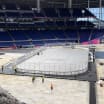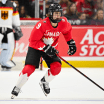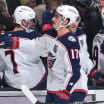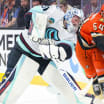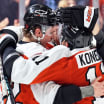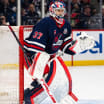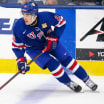"He's a legend at RPI," said former NHL forward Joe Juneau, who followed Oates to the Engineers and later was his teammate in Boston and Washington. "He was one of the best passers in the game.
"A lot of people overlook him, because he was a different kind of player, not flashy like Lemieux or Gretzky. But I think that anybody who knows hockey knows that in his day, Adam Oates was one of the top five players in the game."
Oates believes he would have never had NHL success without both the life and hockey lessons he learned during his college days.
"Going to RPI was an important time for me," Oates said. "I was too old to play juniors. I was a young, cocky kid coming out of Tier II. I was fortunate to have the time for my game to mature. I got to play 19 years in the league. I was very fortunate. I could have gone in another direction."
Oates perhaps could have fashioned a life in Canada's other national game. He was a high-scoring junior star in the Ontario Lacrosse Association but gave up the sport in 1984 to focus on hockey.
After signing with Detroit in 1985, Oates was slow to evolve as an NHL player. His style of game didn't seem to fit into the grinding, checking system preferred by Demers.
His best season in Detroit was his last; Oates had 78 points in 1988-89.
"Adam played for us for four years," Devellano said. "He was OK, but we thought he should have gone beyond where he was."
He did exactly that after leaving the Red Wings, going on to play in the Stanley Cup Final with Washington in 1998 and the Mighty Ducks of Anaheim in 2003.
